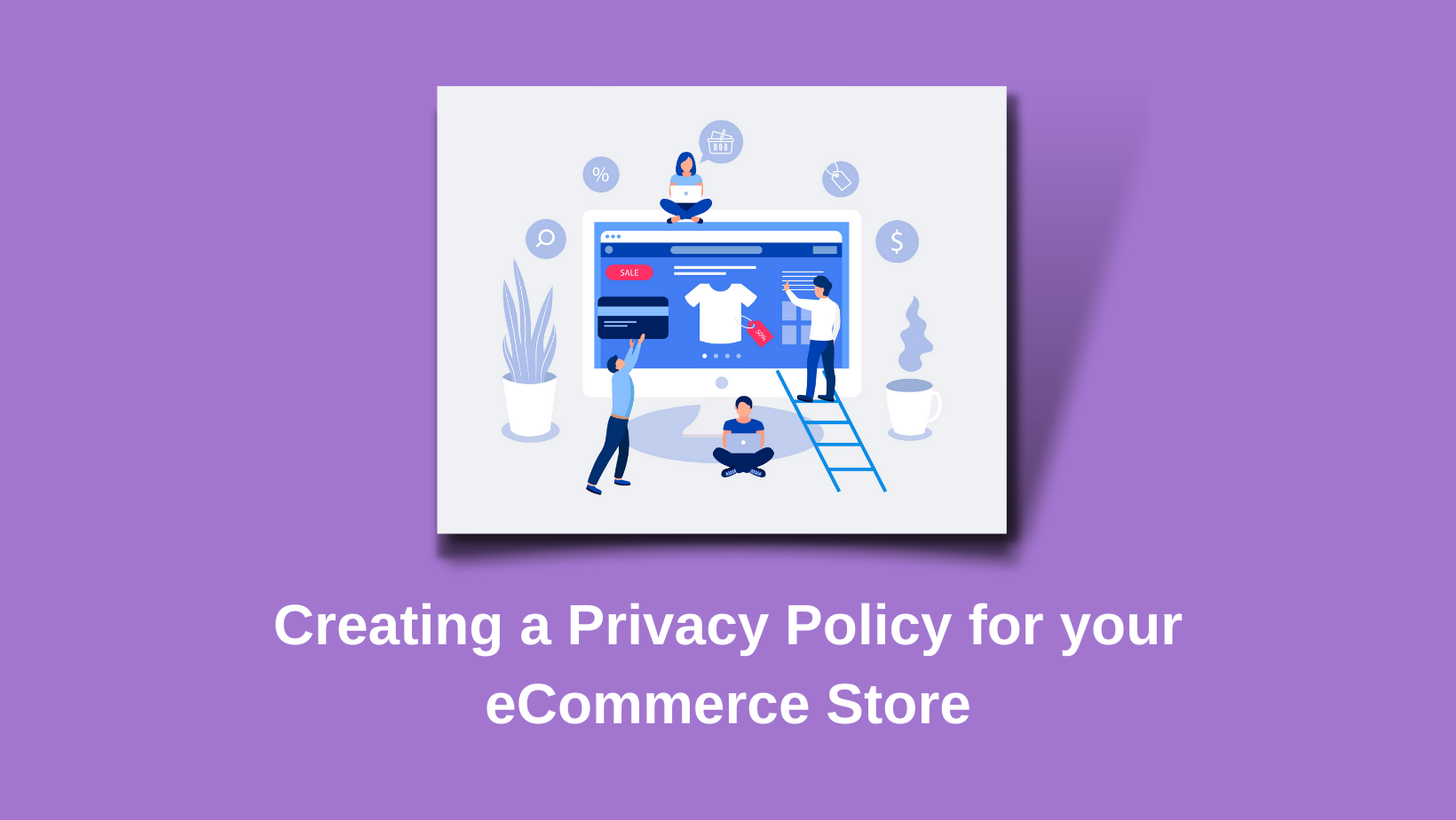
Privacy is a major concern for customers and is something that eCommerce brands should consider a top priority. The digital age has offered convenient and efficient alternatives to traditional and otherwise time-consuming processes such as shopping. However, such transactions require consumers to provide a substantial amount of their personal information – thus spurring concerns about data privacy.
Identity theft and other data-related crimes happen almost every day and have done unspeakable harm to so many people, making them wary and even sometimes hesitant to interact with brands if they deem them unreliable.
The first step to combatting this is by establishing a clear ( and very accessible ) privacy policy.
By now you’ve probably encountered this monotonous block of text while scrolling through a website or signing up on an online store. Despite often being glossed over or being completely left unread by most users, privacy policies are there to reassure consumers that whatever data they provide will be handled with care. Apart from that, business owners (both online and offline) are required by the law in most countries to have privacy policies in place if they collect personal information from customers.
So you want to put up a privacy policy for your online business? Great. Now, it’s time to consider how you can best construct your privacy policy to help you meet regulatory requirements as well as inspire trust in your customers.






